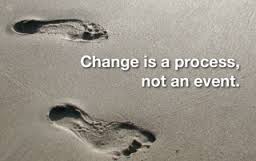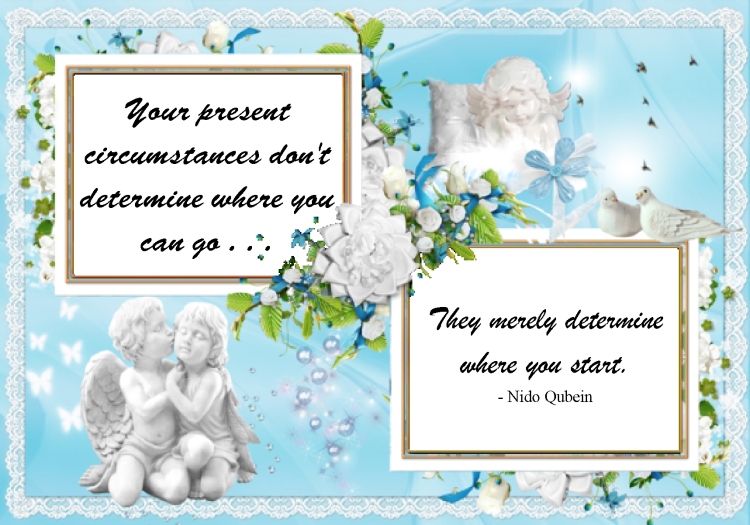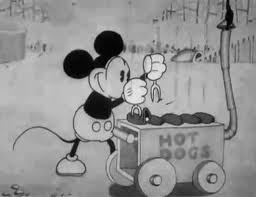
You only live once, but if you do it right, once is enough.
– Mae West
• I am following my heart and intuition: I’m not allowing myself to be pushed by my problems but allowing myself to be led by my dreams. I’m living the life I want to live to be the person I want to be years from now. I am making decisions and acting on them. I’m allowing myself to make mistakes, fall and trying again. Even if I fall a thousand times, at least I won’t have to wonder what could have been. At least I will know in my heart that I gave my dreams my best shot.
Each of us has a fire in our hearts burning for something. It’s our responsibility in life to find it and keep it lit. This is my life, and it’s a short one. I will not let others extinguish my flame. I will try whatever I want to try, go wherever I want to go. I will follow my own intuition. I will dream with my eyes open until I know exactly what it looks like. Then I will do at least one thing every day to make it a reality. As I strive to achieve my goals, I can count on there being some fairly substantial disappointments along the way. I will not allow myself to get discouraged, the road to my dreams may not be an easy one. I need to think of these disappointments as challenges – tests of persistence and courage. At the end of the road more often than not, we regret what we didn’t do far more than what we did.
• I am proud of myself: I am my own best friend and my own biggest critic. Regardless of the opinions of others, at the end of the day the only reflection staring back at me in the mirror is my own. I need to accept everything about myself – EVERYTHING!! I am me and that is the beginning and the end – no apologies, no regrets.
People who are proud of themselves tend to have passions in life, feel content and set good examples for others. It requires envisioning the person I would like to become and making my best efforts grow.
Being proud isn’t bragging about how great I am; it’s more like quietly knowing that I’m worth a lot. It’s not about thinking I’m perfect – because nobody is – but knowing that I’m worthy of being loved and accepted. All I have to do is be myself and live the story that no one else can live – the story of my own unique life. I need to be proud, be confident, because I will never know who has been looking at me wishing they were me.
• I am making a difference: I should act as if what I do makes a difference, because it does. Is it true that we all live to serve? That by helping others we fulfil our own destiny? The answer is a simple “yes”. When you make a positive impact in someone else’s life, you also make a positive impact in your own life. Do something that is greater than you – something that helps someone else to be happy or suffer less. I am only one, but I am one. I cannot do everything, but I can do something. I can smile and enjoy the fact that I made a difference – one I’m likely to remember forever.
• I am happy and grateful: Happiness is within me, in my way of thinking. How I view myself and my world are mindful choices and habits. The lens I choose to view everything through determines how I feel about myself and everything that happens around me.
Being grateful will always make me happy. When I’m finding it hard to be grateful for anything, I need to sit down, close my eyes and take a long, slow breath and be grateful for oxygen. Every breath I take is in sync with someone’s last.
• I am growing into the best version of me: ”Always be a first rate version of yourself instead of a second rate version of somebody else” – Judy Garland
I need to live by this statement. There is no such thing as living in someone else’s shoes. The only shoes I can occupy are my own. If I’m not being myself, I’m not truly living – I’m merely existing. Trying to be anyone else is a waste of the person I am. I need to embrace the individual inside me that has ideas, strengths and beauty like no one else. I need to be the person I know myself to be – the best version of me – on my terms. I need to improve continuously, take care of my body and my health, and surround myself with positivity, to become the best version of me.

• I am making my time count: Time is the most valuable constituent of life. I need to make the time for what does matter today. Really being in the moment, finding passion in my life, seeing the world and travelling, or just seeing the world that’s around me right now, being with great people, doing amazing things, eating amazing food and savouring life’s little pleasures. I need to remember my time is priceless, but it’s free. I can’t own it, but I can use it. I can spend it, but I can’t keep it. Once I’ve lost it I can never get it back. I really do only have a short period to live so I need to let my dreams be bigger than my fears and my actions louder than my words. I need to make my time count!
• I am honest with myself: I need to be honest about what’s right, as well as what needs to be changed. I need to be honest about what I want to achieve and who I want to become. I need to be honest with every aspect of my life, always, because I am the one person I can forever count on. I need to search my soul, for the truth, so that I truly know who I am. Once I do, I’ll have a better understanding of where I am now and how I got here, and I’ll be better equipped to identify where I want to go and how to get there (Read: The Four Agreements).
• I am good to those I care about: In human relationships distance is not measured in miles, but in affection. Two people can be right next to each other, yet miles apart so I should not ignore someone I care about, because lack of concern hurts more than angry words. I need to stay in touch with those who matter to me. Not because it’s convenient, but because they’re worth the extra effort. When was the last time I told my family and close personal friends that I love them? Just spending a little time with someone shows that you care, shows that they are important enough that you’ve chosen – out of all the things to do on your busy schedule – to find the time for them. I need to talk to them. Listen to them. Understand them. Many times it’s our actions, not just our words that really speak what our heart feels for another.
• I know what unconditional love feels like: Whether this love is towards a child, a lover, or another family member, I know the feeling of giving love and not expecting anything in return – this is what lies at the heart of unconditional love. Life through unconditional love is a wondrous adventure that excites the very core of our being and lights our path with delight. This love is a dynamic and powerful energy that lifts us through the most difficult times.
Love is beautiful and unpredictable. It begins with ourselves, for without self-love, we cannot know what true love can be. In loving ourselves, we allow the feeling to generate within us and then we can share it to everyone and everything around us. When you love unconditionally, it isn’t because the person you love is perfect, it’s because you learn to see an imperfect person perfectly.

• I have forgiven those who once hurt me: We’ve all been hurt by another person at some point or another – we were treated badly, trust was broken, hearts were hurt, and while this pain is normal, sometimes that pain lingers for too long. We relive the pain over and over, letting them live rent-free in our head and we have a hard time letting go. Grudges are a waste of perfect happiness, it causes us to miss out on the beauty of life as it happens. To forgive is to set a prisoner free and discover the prisoner was you.
• I take full accountability for my life: I will own my choices and my mistakes, and I am willing to take the necessary steps to improve upon them. I can either take accountability for my life or someone else will, and then, when they do, I’ll become a slave to their ideas and dreams instead a pioneer of my own. I am the only one who can directly control the outcome of my life and no, it won’t always be easy. Every person has a stack of obstacles ahead of them, but I must take accountability for my situation and overcome these obstacles. Choosing not to is choosing a lifetime of mere existence (Read: The Road Less Travelled).
• I have no regrets: No, this is not quite accurate. I do have many regrets but I choose to move on and in future I will . . .
– Follow my heart
– Be true to myself
– Do what makes me happy
– Be with those who make me smile
– Laugh as much as I breathe
– Love as long as I live
– Say what I need to say
– Offer a helping hand when I’m able to
– Appreciate all the things I do have
– Smile
– Celebrate my small victories
– Learn from my mistakes
– Realize that everything is a lesson in disguise
– Forgive and
– Let go of things I can’t control
























